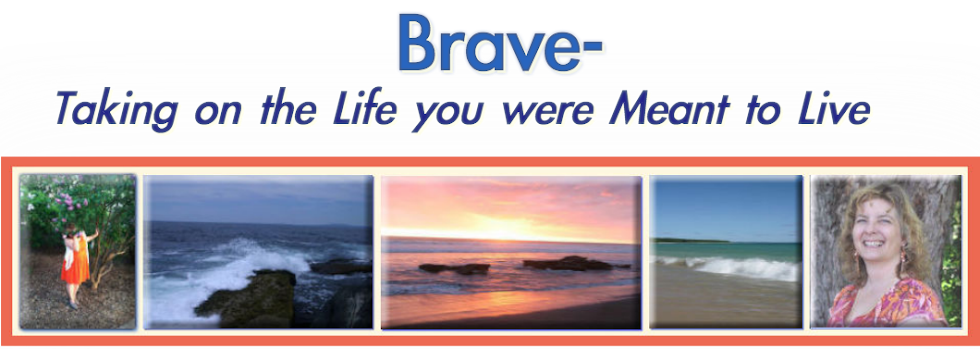Decisions,
decisions. That's what we've been talking about for the past five
weeks. Decision making. Fear of making a decision. Fear of not making
a decision. Here, its more like, “To do, or not to do?” (“To
be, or not to be” is a big decision. BIG. A bit too big to cover
here in the blog of an English major
not-exactly-professional-counselor.)
To the
five questions already covered, I would add this one:
Is this
decision irreversible?
If I decide to do (or not do) this thing
today, does that mean I've committed myself to it forever and ever
amen? No chance of reprieve or plea of insanity?
Often,
we convince ourselves it is when in fact, it's not. We get ourselves
all worked up and terrified to try going in one direction because
we're sure we can never change course. We'll be stuck. It's like we
don't remember there's an “off” button on the blender as well as
an “on.” Once we start the whole dang thing going, we'll get
sucked into that mix forever and never be able to extricate
ourselves.
OK, if
we're continuing with the blender analogy, that may be true—it's
tough to put a strawberry in and retrieve it before it's strawberry
banana surprise puree. But an analogy only goes so far. Work with me.
In
fact, some things in life are irreversible. If you decide to get
pregnant and succeed, you're kinda going to have to go through with
it. To my knowledge, “control-alt-delete” has no effect there.
Likewise, once you decide to say “I do,” you did. If you decide
to jump off a cliff into the ocean and partway down think better of
it, you'd definitely better still know how to swim.
But
those things are big, rare, life-altering things that, by their
nature, happen infrequently. (Like, I will never, ever jump off a
cliff. It's that infrequent.) Most things can start out one way and
then bend down the road a bit when the need arises. Why do we tend to
forget that we have control over changing our mind?
Case in
point—our trip to Europe. We had planned a detailed itinerary (and
by we I mean I, seeing as I am the only one who plans vacations and
the other four usually follow like lemmings to their doom). But
because of transportation strikes, unavailable trains, and the French
being, well, French, things didn't always go as planned. We detoured.
We traveled in unexpected manners. We changed course as needed, still
focused on the final destination, but the journey took lovely twists
and turns we would not have found had we believed our original
itinerary decisions to be unchangeable.
Why go
to college? I'm just going to change my mind on what I want to do.
Why
start writing a book? I may find out I was all wrong half way
through.
Why
volunteer for this organization? I may not have the time or passion
for it later.
Yes,
you may. But does that totally negate the part of the journey you
already took? Does the fact that we never got to Geneva toss out all
that we experienced in Paris and Barcelona?
We
refuse to make a decision because we're afraid it may not be the
perfect solution forever. Nothing ever is. Everything adapts. But if
we fear starting because we may not end where we thought, we'll never
get to Paris at all. And what we learn in Paris may have been the
whole point. That, and what we'll learn in the detour.
Is this
decision irreversible? Probably not. Does that help you to make it? I
hope so. Have you had experience in detours? Anything you're facing
that you can change? Tell me what you've learned in the way.




